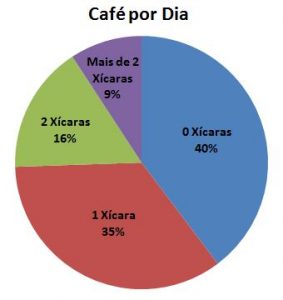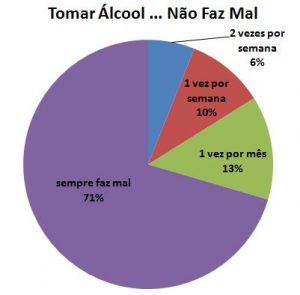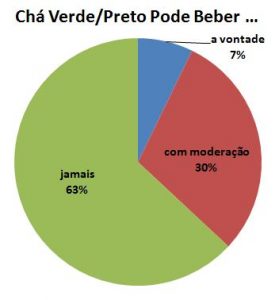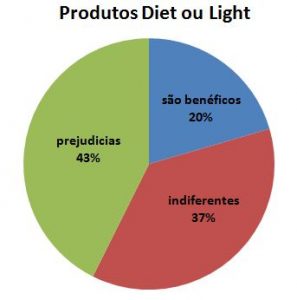In many ways, pregnancy is a time when we can’t afford to slip up. If we do, it can mean that we risk not only our own health but also that of the little one growing in our belly. No mother wants harm to come to her child, and that’s why she tries her best to avoid anything that could put them at risk.
The classic example is smoking. As soon as a woman finds out she’s pregnant, almost all women stop smoking because everyone knows that cigarettes contain dozens of carcinogenic substances1. Most even avoid passive smoke because the more than 4,000 harmful substances can affect the baby’s growth or increase the chance of miscarriage. But what about cases where this information is not as widespread?
Water
When it comes to drinks during pregnancy, things are less obvious. So what should you avoid? Let’s start with the most essential liquid of all – water. The ideal option would be mineral water because it is typically free from any chemical substance that could interfere with our bodies.
If you are used to drinking only bottled or jug water, you can rest easy and keep drinking it, as it is generally safe. If you drink tap water, pay attention. In principle, you are lucky if your tap water is drinkable, which is not the case everywhere in the country, but even so, you should change this habit during pregnancy. Tap water is usually treated with chlorine to make it safe for consumption.
That is where the danger lies for the fetus. What our bodies can absorb is not the same for a baby still in the womb. Chlorine can cause serious damage to development and even lead to miscarriage.

Coffee
The second most consumed drink by Brazilians is coffee. How could it be any different in a country that’s among the world’s largest producers? You know what I mean: nothing beats a morning cup of coffee, right? Actually, that cup of coffee itself is not the problem.
The harmful substance is caffeine, when consumed in excess. This is fairly well known — after all, our parents have taught us for years. But what is excess coffee for a pregnant woman? Fortunately, there are already studies that indicate a maximum safe amount of 200mg of caffeine per day for both mother and baby2.
This is equivalent to 2 cups of 200–240ml per day. Considering this upper limit, only 9% of respondents in our survey exceeded it. But it’s not that simple because caffeine can be found at other times throughout the day too.
All it takes is for the 16% of women who drink 2 cups of coffee a day while pregnant to have a Coke, a Guarana, or eat chocolate, and they easily go over the recommended limit. That’s why it is advised to cut down to just one cup to avoid possible overconsumption.
Let’s stick with hot drinks, as they also need extra care. This time, things can get confusing or at the very least, cause a headache. How can a drink widely recommended to women trying to conceive suddenly be off-limits after fertilization?
Green Tea
But that’s the truth about green tea and its cousin, black tea. These pregnancy villains inhibit the production of folic acid. So you should avoid them! Since folic acid may be the most important substance for both mother and baby at this stage, continuing to drink them is out of the question.
Indulging will have to wait until after birth, or better yet, after breastfeeding. 63% of our survey respondents were already aware of this fact. But 37% would risk drinking these beverages during pregnancy, making their own pregnancy more challenging.

Alcoholic Beverages
The next case of drinking during pregnancy is a topic of scientific debate and controversy among women. That doesn’t mean you can drink alcohol as you wish during pregnancy.
It is a universal fact that excessive alcohol is not good for anyone. The debate is in another area. Is the occasional beer really harmful for my baby? Some scientists haven’t found evidence to prove a negative effect, but others see trends such as higher rates of preterm births and slowed brain and organ growth3.
It is known that alcohol passes through the placenta and the baby’s liver, where it can be metabolized only at half the rate of the mother’s liver. In the end, it seems to come down to each pregnant woman deciding where her limit lies.
71% of our respondents are firmly against drinking alcohol during pregnancy. Only 6% drink more than once a week and 23% believe that having a drink once a month or once a week isn’t harmful to their baby.
A trickier case are products that seem to be healthy – the so-called light or diet products. This applies not only to drinks, such as zero-calorie sodas, but also to foods. While they promise to be lower in calories and help avoid weight gain, they contain harmful substances that are bad for the pregnant woman and her baby.
The main problem is artificial sweeteners that try to bring back the sweet taste that the consumer can’t get naturally from sugar, because she doesn’t want to gain weight.
These substances can even cause birth defects and should, whenever possible, be avoided. Unfortunately, this information is still not widely known among pregnant women. Up to 20% of respondents think these products are good for their health, maybe worrying about the extra pounds they gained.
Even the 37% who think that light and diet products make no difference to the baby’s health are mistaken. Only 43% truly know they are harmful and that foods and drinks containing them should be avoided during pregnancy.













